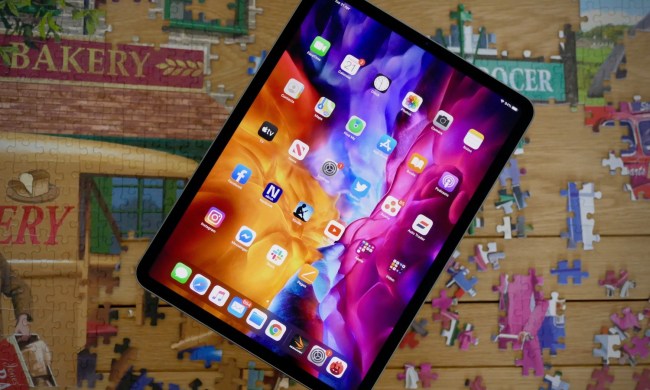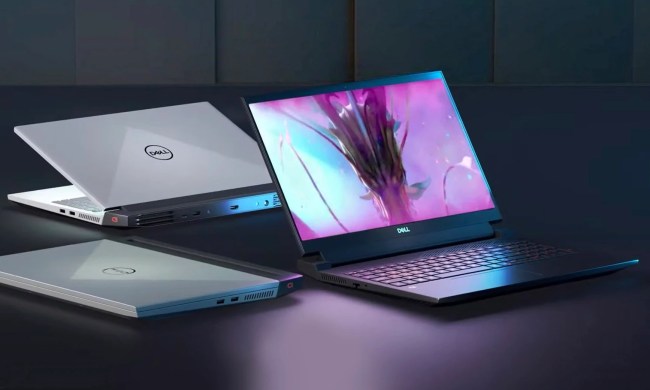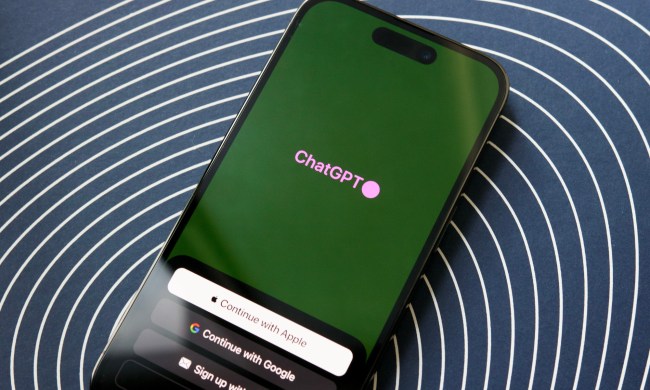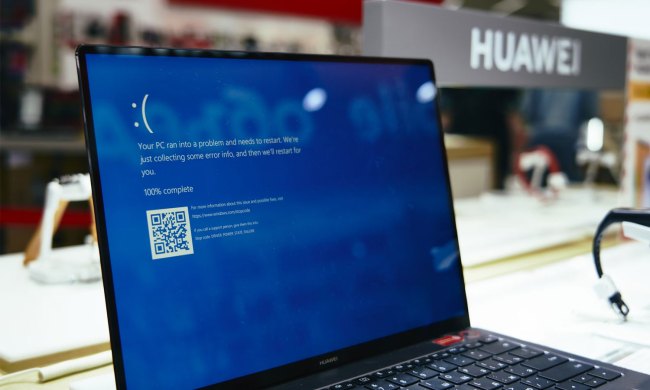- Home
- Computing
Computing
Computing is the foundation on which the rest of technology is built, but it’s also the lens through which we see the future. That’s why we take it seriously at Digital Trends. Our approach includes coverage of the hardware and software of PCs, but also the larger ecosystem of everything that plugs into them. Windows, Macs, laptops, graphics cards, CPUs, gaming monitors, and yes — even printers. And that’s just scratching the surface.
Through covering the latest news and performing the hands-on testing ourselves, we’re able to offer the best PC buying advice you’ll find on the internet. We do our own in-depth testing on everything from the battery life of laptops to monitor image quality. We even delve into the expanding world of the PC gaming tech with ReSpec, our biweekly deep-dive column on making your PC games look and play their best.
So, whether you’re shopping for your next laptop, reading up on the latest GPU news for your next upgrade, or just trying to take a screenshot on Mac, you’ve come to the right place.
Explore More

Windows Notepad is about to get way more useful








We just got our first hint of the RTX 6090, but it’s not what you think

Best early Black Friday laptop deals 2024: Up to 39% off Acer, Apple, Dell

Best early Black Friday MacBook deals: MacBook Air M2 is 25% off

Early Black Friday 3D printer deals 2024: Save big on the best Resin and FDM Printers





Black Friday All-in-One PC deals 2024: Big savings on stylish PCs from Lenovo, Dell, and HP

Alienware early Black Friday deals: Save up to $600 on RTX 4090 configuration

Best early Black Friday 17-inch laptop deals 2024: Up to 37% off HP, Asus, LG, and more

Best early Black Friday Alienware gaming laptop deals 2024: Save on great tech

Security experts warn of new hacker strategy targeting Windows drivers

Best Buy’s early Black Friday already has discounts up to 53% off

Early Black Friday gaming laptop deals 2024: Asus, Alienware, Lenovo, more on sale

This 24-inch gaming monitor is under $100 at Walmart

A 2-in-1 has challenged the Surface Pro 11, but not how you might think

MiniTool Power Data Recovery review: buy it once and use it forever

Best Samsung Galaxy deals: S24, Buds, Watches and more

These AI features might actually make me use Paint again

GeForce Now introduces a 100-hour monthly playtime cap

Apple faces challenges with bringing OLED to the MacBook Air

This popular Dell student laptop is STILL on sale for $280 — Inspiron 15

Scalpers are already jacking up the price of the Ryzen 7 9800X3D

I tested the Ryzen 7 9800X3D against the Core Ultra 9 285K. It’s not even close

MacBook Pro (M4 Pro) review: the best gets even better
Computing News
Laptops
Computing Guides
Computing Reviews
Trending Downloads
Luke Larsen is a Senior Editor at Digital Trends and manages all content covering laptops, Macs, monitors, PC hardware, and peripherals. Around here we call it “computing,” but here’s a good rule of thumb: If it’s a computer or something that plugs into a computer, you found your guy. Oh, and these days, AI too. So much AI.
After getting a degree in music from the University of Oregon, Luke started his career in media hoping to get into music journalism. But when the opportunity arose, he landed in tech and hasn’t looked back since. He has over a decade of tech journalism experience, first joining Digital Trends in 2017 as a native Portlander, happy to join a tech media company that called his city home. Before working at DT, he worked as Tech Editor at Paste Magazine for over four years and has bylines at publications such as IGN, TouchArcade (RIP), and The Oregonian.
In his years at Digital Trends so far, Luke has covered high-profile industry events such as CES, IFA, and Microsoft Build, delivering on-the-ground coverage, breaking news, and first-hand reporting. He’s hosted countless YouTube videos, made podcast appearances, and written over 600 articles.
Some of his earliest tech memories include learning HTML through his MySpace account and trying to play Baldur’s Gate II on his parents’ dusty old beige box. These days, his obsession with technology is in telling stories with tech — in finding the narratives that ebb and flow through both technological advancement and product design, trickling right on down to our day-to-day experience of it. He is convinced that we all spend too much of our time using technology and not enough time thinking about it — cue a healthy dose of navel-gazing and philosophizing.
When he’s not endlessly debating what the best laptop is, Luke spends his days being a dad and a husband. Oh, and when there’s time (which there isn’t), he’s an avid fiction writer, player of designer board games, and still occasionally makes some music.


































